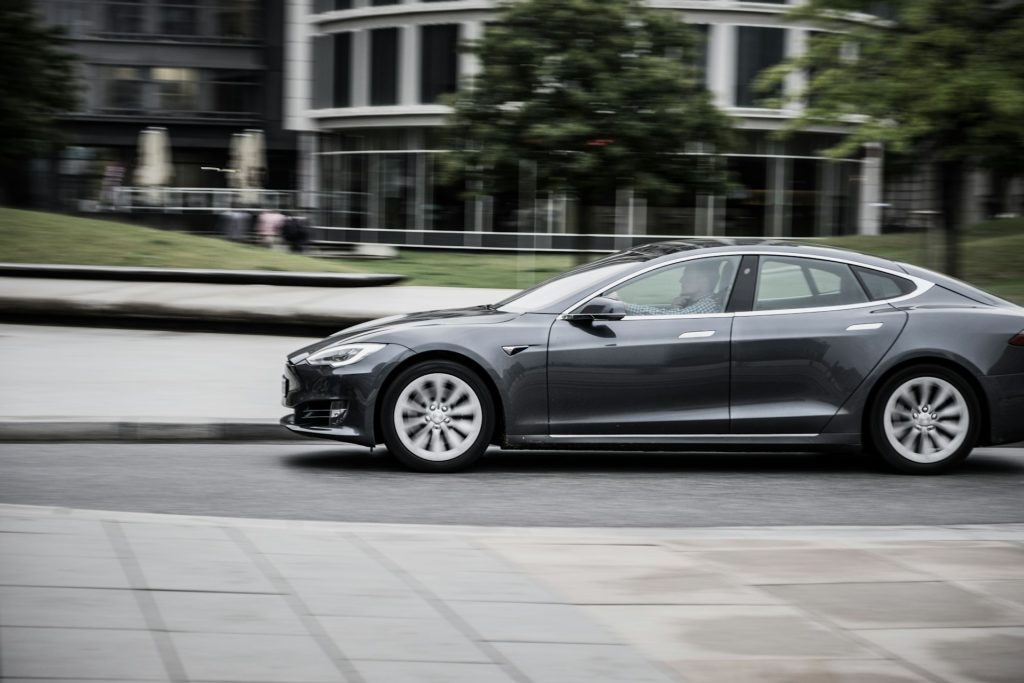
Volkswagen Unveils First Robotaxi, Takes Lead in Driverless Market
Volkswagen has taken a major step toward transforming urban mobility with the unveiling of its first fully autonomous production vehicle, the ID.Buzz AD. Presented on Tuesday evening in Hamburg, the robotaxi marks the beginning of a new era for the German automaker as it prepares to enter the competitive self-driving vehicle sector, estimated to be worth billions.
Targeting business clients rather than individual consumers, Volkswagen plans to deploy the ID.Buzz AD on European and American roads starting in 2026. The electric shuttle is intended for ride-hailing and other commercial services, with the company aiming for double-digit profit margins in the emerging mobility market. “With this launch, Volkswagen positions itself at the forefront of a rapidly growing global industry,” said CEO Oliver Blume during the official presentation.
What makes this move particularly strategic is the timing. Just days before Tesla CEO Elon Musk is expected to unveil his company’s own robotaxi prototype, Volkswagen has introduced a production-ready model, effectively taking the lead in a race that could shape the future of transportation.
Heavy Investment and a New Business Model
Volkswagen’s shift towards autonomous mobility signals its commitment to long-term innovation and profitability. Backed by multi-billion-euro investments, the company is entering a completely new business model — one that focuses not only on vehicle manufacturing but also on operating mobility services. The ID.Buzz AD project highlights VW’s intent to capture a significant share of the autonomous vehicle market before American giants like Tesla can solidify their positions.
Ford Faces Major Setback with Mustang Mach-E Recall
While Volkswagen pushes ahead into the future of mobility, rival Ford is grappling with a large-scale recall of its electric Mustang Mach-E. The American carmaker has halted all deliveries due to a critical software defect affecting door locking mechanisms. The issue, linked to the 12-volt battery system, can prevent doors from opening or closing correctly — even when the manual release has been used.
The problem affects more than 316,000 vehicles globally from model years 2021 through 2025. In a bulletin sent to U.S. dealers, Ford warned that the defect could prevent front doors from opening altogether, posing serious safety concerns if passengers or pets remain inside without a way to exit. However, the company confirmed that no accidents or injuries related to the issue have been reported so far.
Sales Halted Worldwide Amid Ongoing Fix
Until a software solution is available, Ford has issued a full sales and delivery suspension for all affected vehicles. Dealers have been instructed not to deliver or allow test drives of Mach-E units. The recall includes approximately 196,900 cars in the U.S. and another 120,000 across international markets.
Ford is currently working on a software update to fix the malfunction. However, early feedback suggests that the update may not be installed over-the-air and will likely require customers to visit dealerships. Once the update is approved, customers will be notified by post and offered free repairs.
Sales Remain Strong Despite Technical Issue
Interestingly, the recall has not significantly dented Mach-E’s market performance. In May 2025 alone, Ford delivered 4,724 units in the U.S., marking an 11% increase year-on-year. For the first five months of the year, the model registered 19,258 units — a 2.8% rise compared to the same period in 2024.
The Mach-E continues to benefit from attractive incentive programmes such as the “From America, For America” employee offer and the “Ford Power Promise,” which includes a free home wallbox charger. Meanwhile, Ford has adjusted prices for Mach-E and other Mexico-produced models in the U.S., citing market pricing trends and newly imposed import tariffs.
A Tale of Two Trajectories in the EV Race
The contrasting developments at Volkswagen and Ford highlight the challenges and opportunities shaping the electric vehicle (EV) and autonomous driving industries. While Volkswagen is surging ahead with innovation and forward-looking strategy, Ford is managing the complexities of reliability and customer trust in an increasingly competitive market.





